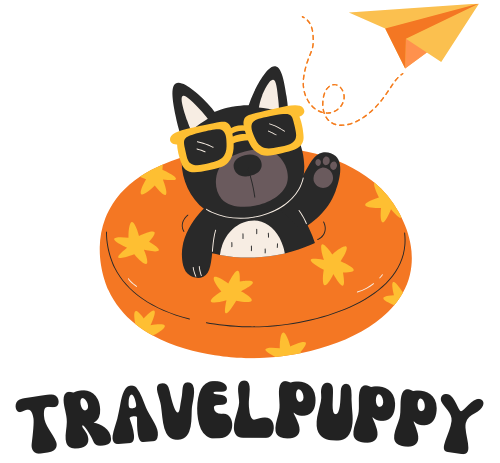Malaysia – the land of vibrant cities, sprawling jungles, picturesque beaches, and arguably some of the best street food in the world. Planning a trip? Lucky you! However, like every country, Malaysia has its own set of customs, dos, don’ts, and must-knows. To help you navigate your adventure, here are 17 essential things to know before stepping foot in this beautiful Southeast Asian nation.
1. The Cultural Melting Pot

The Diversity
Malaysia is a fascinating blend of cultures, primarily influenced by Malay, Chinese, Indian, and indigenous communities. What does this mean for you? A veritable smorgasbord of food, festivals, and traditions to experience!
Religion & Sensitivities
Islam is the predominant religion, but the country is also home to Hinduism, Buddhism, and Christianity. It’s essential to be respectful of each religion’s customs and rules, especially when visiting religious sites. For instance, wearing modest clothing is advisable in mosques and temples.
Language
The official language is Malay, also known as Bahasa Malaysia. While English is widely understood, learning a few basic phrases in Malay can go a long way in making local connections.
2. Geography Matters
Main Regions
Malaysia is divided into two main regions: Peninsular Malaysia, home to the bustling capital Kuala Lumpur, and East Malaysia, which makes up the northern part of the island of Borneo. Each has its own distinct attractions and climate.
Weather Woes
Malaysia is hot and humid year-round, but it also experiences monsoon seasons. The western and eastern parts of the country have their monsoons at different times of the year, so planning accordingly can keep your outdoor activities rain-free.
Transportation
Domestic flights are often the most time-efficient way to travel between the two regions, but if you’re on the peninsula, the train and bus systems are well-developed and inexpensive.
3. Currency & Payment Methods
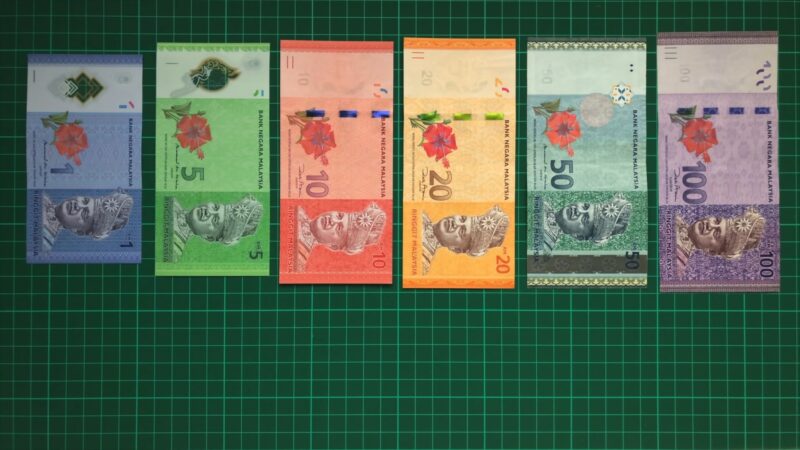
The Ringgit
The Malaysian currency is the Ringgit (MYR). ATMs are plentiful, but it’s always good to carry some cash, especially when exploring rural areas.
Credit Cards
Credit cards are widely accepted in cities and tourist areas. However, small vendors and rural establishments may only accept cash.
Tipping
Tipping is not a common practice in Malaysia, but it’s appreciated. In restaurants, people often round up the bill, leaving the change as a tip.
4. Visas & Documentation
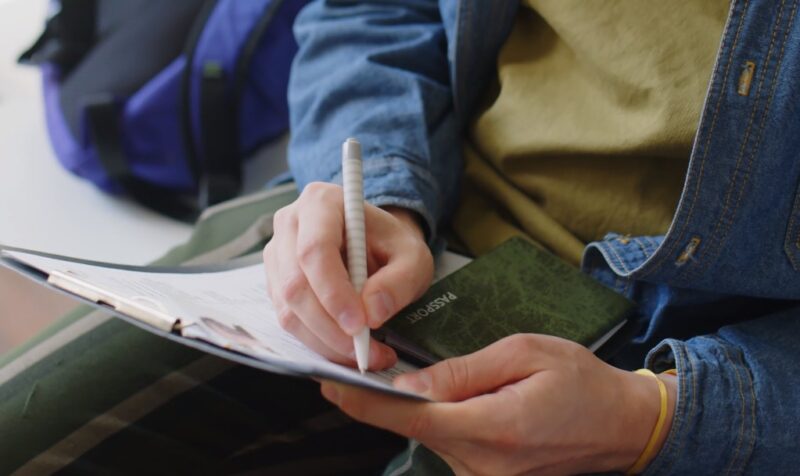
Visa Requirements
Most Western tourists can enter Malaysia without a visa for up to 90 days. However, it’s crucial to check the latest visa requirements based on your nationality before planning your trip.
Passports
Ensure your passport is valid for at least six months from the date you intend to return to your home country.
Overstaying
Overstaying your visa can lead to fines and potential blacklisting. Always abide by the terms stipulated on your visa.
5. Accommodations
Variety
From luxury hotels to budget-friendly hostels, Malaysia offers a wide range of accommodation options. Consider your itinerary when choosing where to stay; some areas are better suited for sightseeing, others for beach lounging.
Booking Sites
Websites like Booking.com and Airbnb offer plenty of choices but also consider local options, which might offer a more authentic experience.
Safety
Malaysia is generally safe for travelers, but as with any destination, take regular precautions. Most accommodations provide safes; use them for your valuables.
6. Local Cuisine
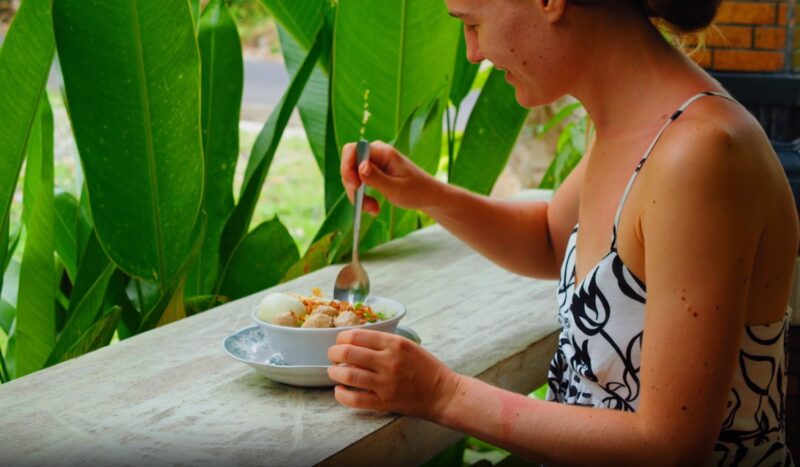
Street Food
Malaysia is a food lover’s paradise. From nasi lemak to char kuey teow, the street food is both affordable and delicious. Street food stalls, known as ‘hawker stalls,’ are some of the best places to sample local cuisine.
- Nasi Lemak: Coconut milk rice with spicy sambal, crispy anchovies, boiled egg, and cucumber.
- Char Kuey Teow: Stir-fried flat rice noodles with shrimp, bloody cockles, Chinese lap Cheong (sausage), eggs, bean sprouts, and chives.
Dietary Restrictions
Vegetarian and vegan options are available but may not be as abundant. Muslim travelers will find a plethora of Halal-certified restaurants.
Hydration
Always stay hydrated, especially given the hot and humid climate. However, it’s best to stick to bottled water. Tap water is generally not safe to drink.
7. Must-Visit Spots
Cities & Urban Charms
Don’t miss out on Kuala Lumpur, known for its modern skyline dominated by the iconic Petronas Towers. George Town in Penang is another must-visit for its British colonial buildings, Chinese shophouses, and mosques.
Natural Wonders
If nature is your calling, the Cameron Highlands, Langkawi, and the islands off the coast of East Malaysia, like Sipadan, are breathtakingly beautiful.
Cultural Sites
History buffs should visit Malacca, a UNESCO World Heritage Site, for its well-preserved buildings and rich history related to the Malacca Sultanate.
8. Dress Code

Modesty is Key
Especially when visiting religious sites, it’s crucial to dress modestly. Women should carry a scarf to cover their heads in mosques. Men should avoid wearing shorts in such places.
Climate-Appropriate
Given the hot and humid conditions, lightweight and breathable fabrics like linen and cotton are your best bet.
Footwear
Comfortable walking shoes are essential, especially if your plans include trekking or a lot of sightseeing. Flip-flops are fine for the beach but not advisable for city walks.
9. Health Precautions

Vaccinations
Before visiting, consult your healthcare provider about vaccinations for typhoid and hepatitis A and B. If you plan on trekking, a rabies vaccination is also recommended.
Medical Supplies
Pharmacies are widely available, but carrying a basic medical kit can be a lifesaver. Include antiseptics, band-aids, and any prescription medications you may need.
Mosquitoes
Malaria and dengue fever are risks, particularly in rural areas. Use mosquito repellent and consider taking antimalarial medication.
10. Connectivity
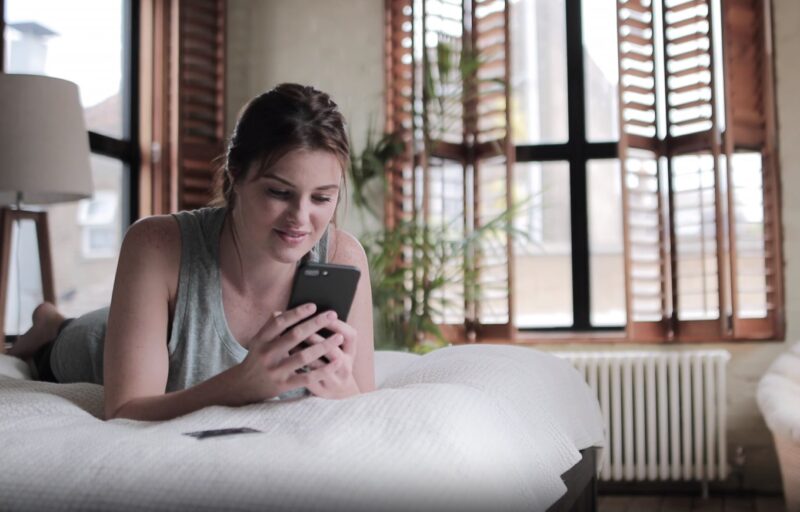
SIM Cards
Prepaid SIM cards are available and provide good coverage throughout most of the country. They’re an economical way to stay connected.
WiFi
Free WiFi is common in cafes, hotels, and some public areas. However, the connection may not always be reliable.
VPNs
Consider using a Virtual Private Network (VPN) if you require secure internet access for transactions or work.
11. Local Customs and Etiquette
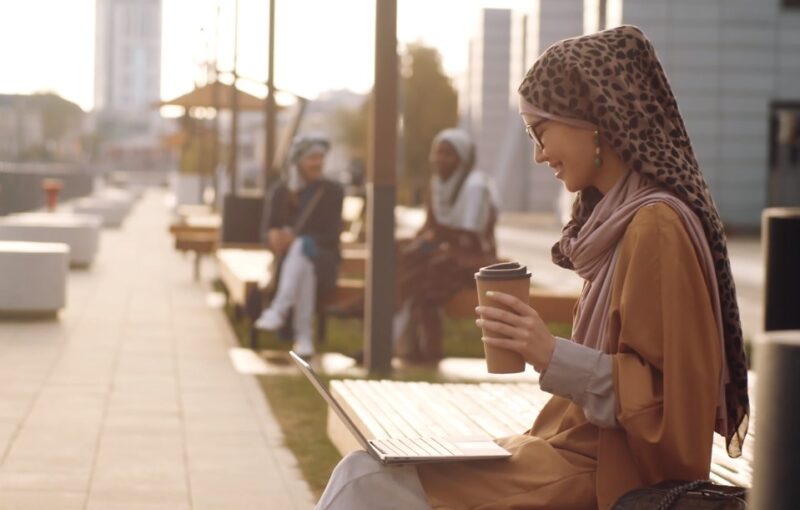
Greetings
A traditional Malay greeting is the ‘salam sejahtera,’ but a simple “hello” is widely understood. The handshake is common among men, while a bow or nod is more typical when greeting women. Some Muslim women prefer not to shake hands with men.
Public Behavior
Public displays of affection are frowned upon, particularly in rural areas. It’s also polite to ask before taking someone’s photograph.
Dining Etiquette
When dining, using the right hand to eat is a standard practice, as the left hand is traditionally considered unclean. Also, waiting for elders to eat first is a sign of respect.
12. Shopping and Souvenirs
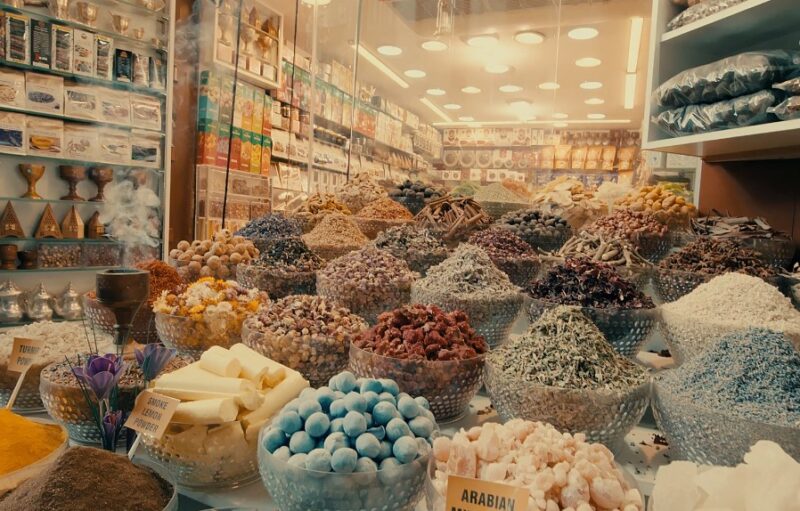
Bargaining
In markets and smaller shops, bargaining is a common practice. However, be respectful and keep it light-hearted. Remember, the aim is to arrive at a fair price for both parties.
What to Buy
Malaysia is known for its handicrafts, batik prints, and local textiles. Spices and tea are also popular souvenirs.
- Batik: Hand-painted or dyed fabric, often with intricate floral and traditional patterns.
- Tea: Particularly from the Cameron Highlands, packaged tea makes a light and easy-to-pack gift.
Business Hours
Most stores open by 10 am and close around 9-10 pm, including on weekends. However, some smaller shops and restaurants may close for a few hours in the afternoon.
13. Safety Concerns
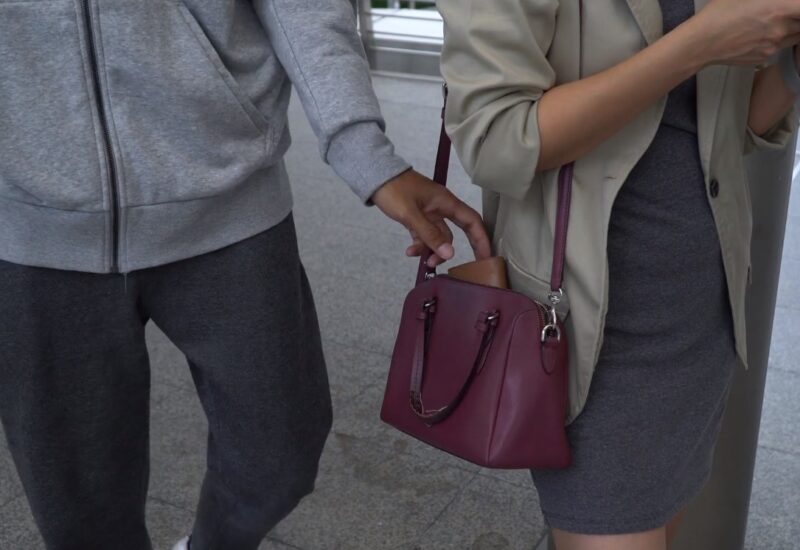
Petty Crime
As with any tourist destination, beware of pickpockets and scams. Always be cautious in crowded places and keep your belongings secure.
Traffic
Traffic in Malaysia drives on the left side of the road, so be extra cautious while crossing streets if you’re used to right-hand traffic.
Emergency Numbers
For police assistance, dial 999, and for medical emergencies, dial 994. It’s a good idea to have these numbers saved on your phone.
14. Local Transportation
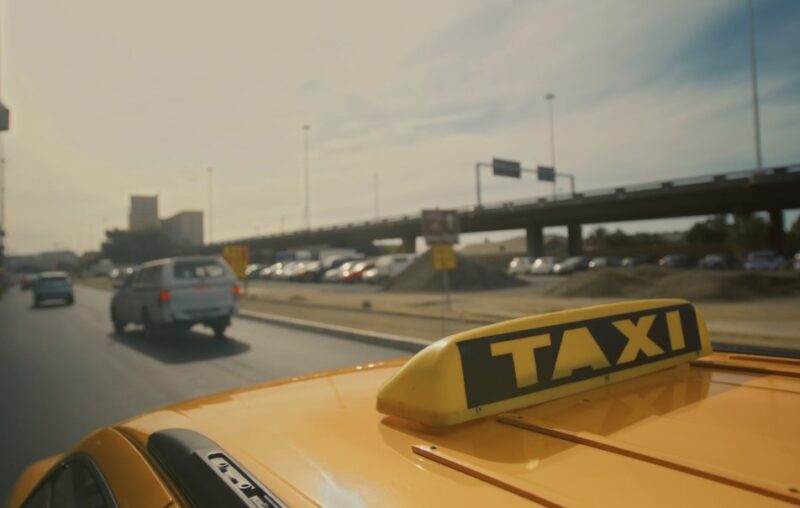
Public Transit
In major cities like Kuala Lumpur, public transportation is efficient and includes trains, buses, and the monorail. Tickets are inexpensive and can usually be purchased on the spot.
Taxis and Rideshares
Taxis are readily available but make sure they use the meter. Rideshare apps like Grab are also widely used and can be more economical and safer.
Renting a Vehicle
If you plan to explore more rural areas, renting a vehicle may be beneficial. However, be prepared for winding roads and differing driving styles.
15. Festivals and Public Holidays
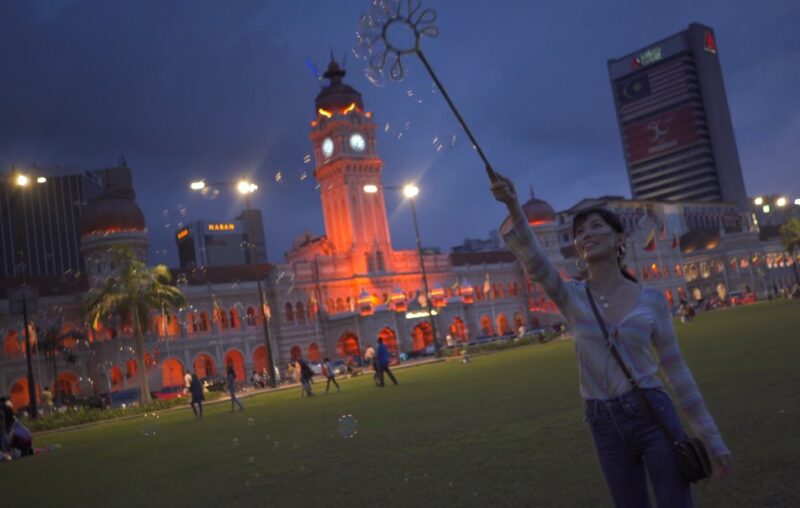
Major Festivals
Malaysia’s diversity shines through its festivals. From Chinese New Year to Diwali and Eid, the country celebrates a myriad of holidays.
- Hari Raya Aidilfitri: Celebrated at the end of Ramadan, the Islamic holy month of fasting.
- Deepavali: The Hindu festival of lights.
Public Holidays
Public holidays can mean crowded attractions but also lively celebrations. Check the public holiday schedule before you go.
Operating Hours
During Islamic holidays, many businesses may be closed or have reduced hours, so plan accordingly.
16. Sustainable Tourism
Respect Nature
Whether you’re hiking through the jungles of Borneo or snorkeling off the coast, respect the local wildlife and ecosystems. Always follow marked trails and dispose of your trash responsibly.
Support Local
Buying from local artisans and eating at local restaurants not only enriches your experience but also supports the community.
Conservation Efforts
Several hotels and tour operators offer eco-friendly options. Opting for these choices encourages responsible tourism.
17. When to Visit
Peak Season
The peak tourist seasons are December to February and June to August. These months offer the best weather but also come with higher prices and more crowds.
Off-Peak
If you prefer fewer crowds, consider visiting during the shoulder months of April, May, September, and October. You might experience some rain, but attractions will be less crowded.
Special Events
If you’re interested in experiencing a particular festival or event, make sure to plan your trip around those dates, keeping in mind that accommodations may be harder to come by.
FAQs
Are there any restrictions or dress codes for tourists at beaches in Malaysia?
While Malaysia is a Muslim-majority country, the dress code at public beaches is generally relaxed for tourists. Swimwear is acceptable, but it’s recommended to cover up with a sundress or a shirt and shorts when you leave the beach area, especially if you’re going into town or a restaurant.
Topless sunbathing is considered inappropriate and could offend local sensibilities.
How widely spoken is English in rural areas?
In rural areas, English is not as commonly spoken or understood as it is in urban centers like Kuala Lumpur or Penang. However, younger people and those involved in the tourism industry may have a basic grasp of English.
It’s always a good idea to learn some key phrases in Malay to help bridge the language gap when venturing into less urbanized regions.
Is it easy to find vegetarian or vegan food in Malaysian cuisine?
While Malaysia’s culinary landscape is meat-centric, particularly with dishes like satay and nasi lemak, vegetarian and vegan options are not impossible to find. Indian and Chinese restaurants often offer vegetable-based dishes, and some establishments specialize in vegetarian cuisine.
You can also request for meat to be omitted in certain dishes, but it’s essential to specify if you don’t consume fish sauce, shrimp paste, or other animal-based seasonings.
What’s the best way to travel with children in Malaysia?
Malaysia is generally a family-friendly destination. In cities like Kuala Lumpur, you’ll find various attractions that cater to younger tourists, like the Kuala Lumpur Bird Park and Aquaria KLCC.
For long distances, flights and air-conditioned trains are the most comfortable options. If you’re visiting islands or beaches, make sure the resorts or hotels you choose are suitable for children, offering amenities like swimming pools and kid-friendly activities.
Can I use U.S. electrical appliances in Malaysia?
Malaysia uses Type G electrical sockets, with a standard voltage of 240V and a frequency of 50 Hz. The U.S. uses Type A/B sockets with a standard voltage of 120V and a frequency of 60 Hz. This means you will need both a plug adapter and a voltage converter to use U.S. electrical appliances safely in Malaysia.
What are the options for travelers with mobility challenges?
While Malaysia is making strides in becoming more accessible, not all areas are equipped to accommodate travelers with mobility challenges. Major cities like Kuala Lumpur have more accessible public transport and facilities, but older buildings and rural areas may lack such amenities.
Many large hotels and shopping centers offer accessible options, and it’s possible to rent wheelchairs or mobility scooters in some places. Always check in advance to ensure your specific needs can be met.
Closing Thoughts
Your trip to Malaysia promises a blend of cultural richness, natural beauty, and modern luxuries. This guide offers a roadmap to navigate the essentials, but remember, the real magic often lies in the unexpected.
By thoroughly preparing for your journey, you can focus on enjoying the multifaceted wonders Malaysia has to offer. So pack your bags, brush up on your Bahasa, and get ready for an unforgettable Malaysian adventure.
